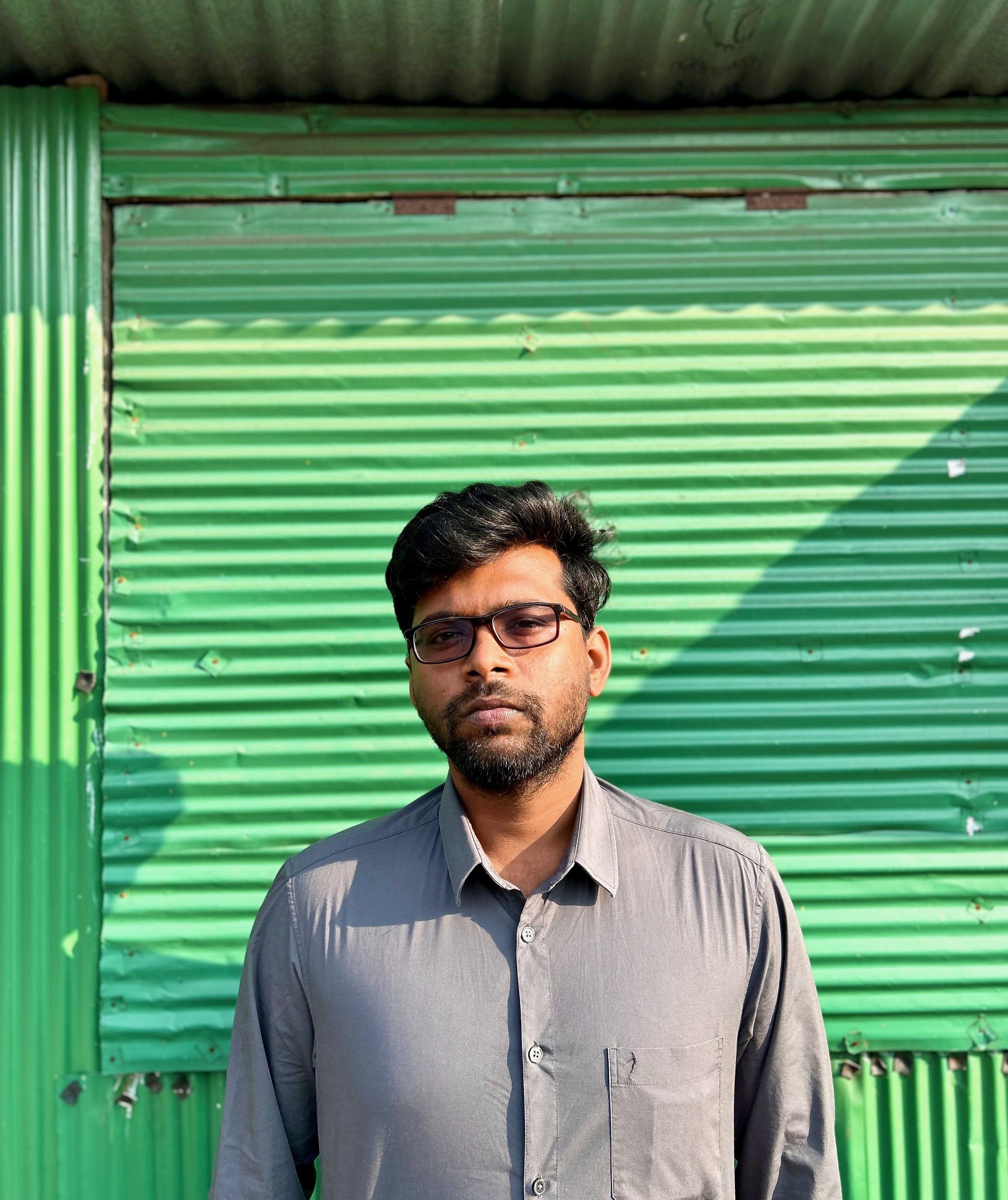King's India Institute Studentship 2022: Umtul Aleem Kokab and Sahith Mandapalli
Umtul Aleem Kokab and Sahith M are the 2022 recipients of the King’s India Institute Studentship.
Kokab is a PhD student at the Indian Institute of technology, Delhi (IITD). Her dissertation is entitled, ‘The Simulated Everyday: A Sociological Analysis of Performance as a mode of negotiating everyday life among Ahmadi Muslims in Jammu and Kashmir’. Born into an Ahmadi family, her research is informed by academic and lived experiences.
Sahith is a PhD student at the Jawaharlal Nehru University, New Delhi. His research is entitled ‘Giuseppe Mazzini and the Making of Indian Nationalism: An Intellectual History’. He aims to better understand the various conceptions of nationalism in 19th and 20th century India.
Umtul Aleem Kokab
I am a pursuing PhD in Sociology at the Department of Humanities and Social Sciences (HUSS), Indian Institute of Technology, Delhi. My doctoral project engages with the conceptual framework of performance by placing it in the everyday register of Ahmadis (a minority Muslim faction excommunicated by the global Islamic community based on their religious beliefs) in India. By questioning a set of opportunities and constraints that come in the way of constructing an identity that is thrust on a group by the context it inhabits, especially when the collective identity imposed is premised on a disavowal/erasure of the self, the research attempts to look at the possible ways in which negated and marginalized identities work to create a conducive environment for their survival.
Coming from an Ahmadi Family, my research is informed by the lived realities experienced through public assertion of my identity. Ahmadi Muslims, being a persecuted minority in parts of South Asia particularly Pakistan, are seen to either migrate or seek asylum in the countries providing safe habitation. The existing literature related to Ahmadi Muslims mostly rely upon the violence experienced by them on account of their representation. However, I am interested in looking at the social practices carried out by Ahmadis through the variegated ways in which they conduct their everyday lives within a context that denies the validity of their beliefs and their existence, further leading to an erasure of the ‘self’ in public.
With the help of Inlaks-King’s India Institute Studentship 2022, I shall visit United Kingdom and have direct access to facilities like British Library, the Maughan Library (King’s College London), School of Oriental and African Studies Library (University of London), Anthropology Library and Research Centre, London. I shall explore the archival material that traces the evolution of religious movements in South Asia. Ahmadis form a sizeable portion of population in the United Kingdom. Therefore, I shall also make use of the grant to conduct an ethnographic study of Ahmadi Muslims in London. By performing field research with the diaspora community, it will further broaden my research enquiries and enrich my questions. I am certain that the generous opportunity provided by Inlaks-King’s India Studentship will be instrumental in shaping my future experiences.
Sahith Mandapalli
I am a doctoral candidate at the Center for Political Studies, Jawaharlal Nehru University. I have completed my Master’s and MPhil in political science from the University of Hyderabad. My MPhil dissertation critically engages with the debates on sedition and free speech in the constituent assembly. While researching the antecedents to the law of sedition in colonial India, I came across the Sedition Committee Report (1918) which stresses on the importance of the Bhagavad Gita and the writings of Mazzini to revolutionaries in the early twentieth century.
My doctoral research examines the germination of a plurality of conceptions of nationalism in the late-19th and early 20th centuries to understand the influence of Giuseppe Mazzini on the Indian national movement. The late-19th and 20th centuries were replete with polemical political tracts and public disputations which increasingly alluded to the western idea of nationalism. Mazzini’s life and thought captured the imagination of the nationalist elite who wished to challenge colonial power and envision the founding of a modern nation-state. It was within this context that prominent political leaders and religious reformers such as Aurobindo Ghosh, Swami Vivekananda, Vinayak Damodar Savarkar and Mohandas Gandhi read and reformulated Mazzini’s ideas on the nation. I hypothesise that Mazzini’s idea of an inherent relation between religion and nationhood—coupled with the changing meanings of territory, people and belonging in colonial India—shaped the nationalist engagement with Mazzini’s thought. In order to undertake this study, I frame this research by tracing the antecedents to the concepts of territory, people and belonging in pre-modern India and map their changing meanings as a result of the encounter with colonial power.
The Inlaks-King’s India Institute Studentship will allow me to work under the supervision of Prof Niraja Gopal Jayal. Here, I hope to actively participate in seminars, initiate discussions and make use of the rich collection available at the King’s India Institute Library. The vast archival resources available in the UK, especially, The India Office Records and Private Papers at the British Library will open up exciting possibilities and help deepen my own research.








